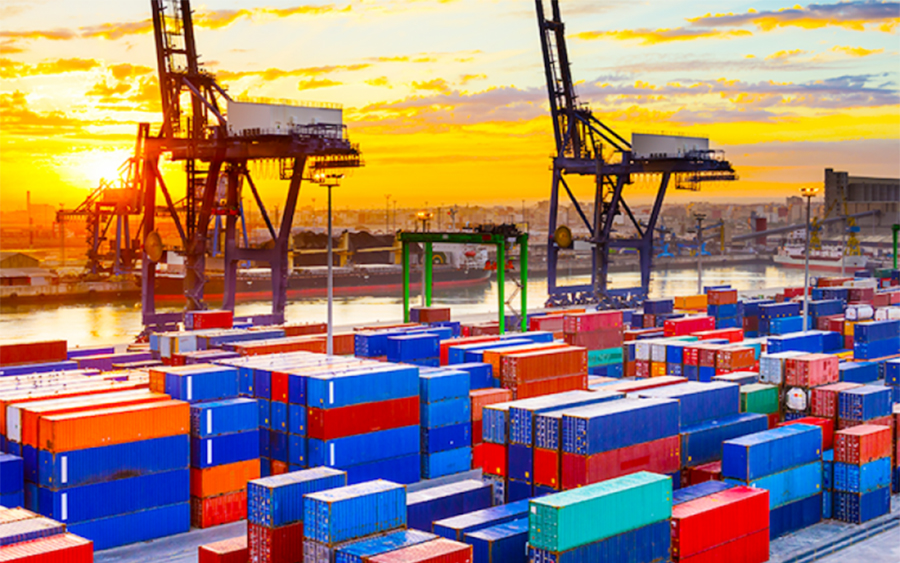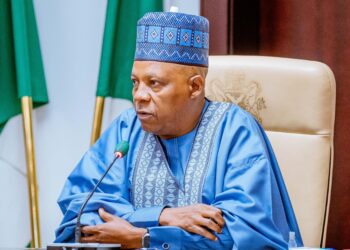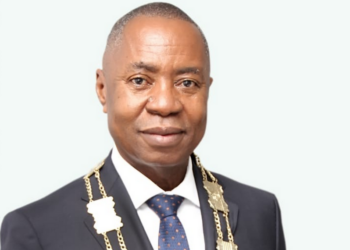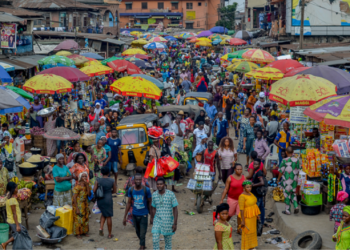The National Action Committee on the African Continental Free Trade Area (AfCFTA) for Transportation has stated that the transportation infrastructure deficit would not deter the country from participating in the trade agreement.
This statement was made by Ms Funmi Folorunsho, AfCFTA’s co-Chairman on transportation during an interview with the News Agency of Nigeria (NAN) in Lagos.
During the interview, Ms Folorunsho said that Nigeria was ready and working and that the issue of infrastructure deficit is not unique to Nigeria.
In her subsequent statement, she explained that the United Nations Conference on Trade and Development (UNCTD) report for 2020 clearly stated that for the Africa free trade area to work, the deficit in infrastructure should be looked into. However, figures and details had been outlined in the report that the infrastructure deficit was not peculiar to Nigeria.
In this regard, she rightfully pointed out that a need assessment must be done with a view to filling in those gaps. As it is important to identify the gap between the need and what was in existence, to proffer a lasting solution to filling the infrastructural gap in the nation.
While commenting on the state of land transportation infrastructure, she said there was a need to expand into the bigger African market, and in this regard, the rail network that is being developed would play a major role in this area.
She also pointed out that aviation would be a big market, stating that Ethiopian Airline, for example, was still doing transportation service for medical and other services throughout the COVID-19 lockdown.
What they are saying
Ms Funmi Folorunsho, AfCFTA’s National co-Chairman on transportation said:
- “There must be coordination among all the modes of transport by the government at public and private sector level. The three ministries must be talking with each other for the purpose of taking optimum benefit of the African Free Trade Area. I know there is not much private sector involvement and participation in the rail, but there is quite a beef in other modes of transportation, so everyone in the private sector must work together now that we have a bigger market to trade.”
While speaking about the importance of Aviation companies in this regard, she said:
- “I am looking at Medview, IbomAir, they need to sit together and start looking at the enabling environment for themselves outside of the country. There can also be a synergy of airlines, African airlines can have discussions; wherever Ghana or Kenya airline stops, either Airpeace or Ibom Airline can pick from there, as this is a hugely competitive market for everyone.”
What you should know
- It is important to note that 54 African countries, including Nigeria, ratified the African Continental Free Trade Area (AfCFTA), the trade agreement which started on January 1st 2021.
- The agreement initially requires members to remove tariffs from 90 per cent of goods – this is expected to allow free access to commodities, goods, and services across the continent while the United Nations Economic Commission for Africa estimates that the agreement will boost intra-African trade by 52 per cent by 2022.
- AfCFTA will help to unlock a market of 1.2 billion Africans with a combined GDP of $3 trillion through the AfCFTA (African Continental Free Trade Agreement).
- The synergy from trade by all countries under the AfCFTA, the largest trade bloc in the global economy since the 1995 WTO establishment, is expected to boost Africa’s cumulative GDP to $29trillion by 2050, as estimated by the United Nations Economic Commission for Africa.
















.gif)






